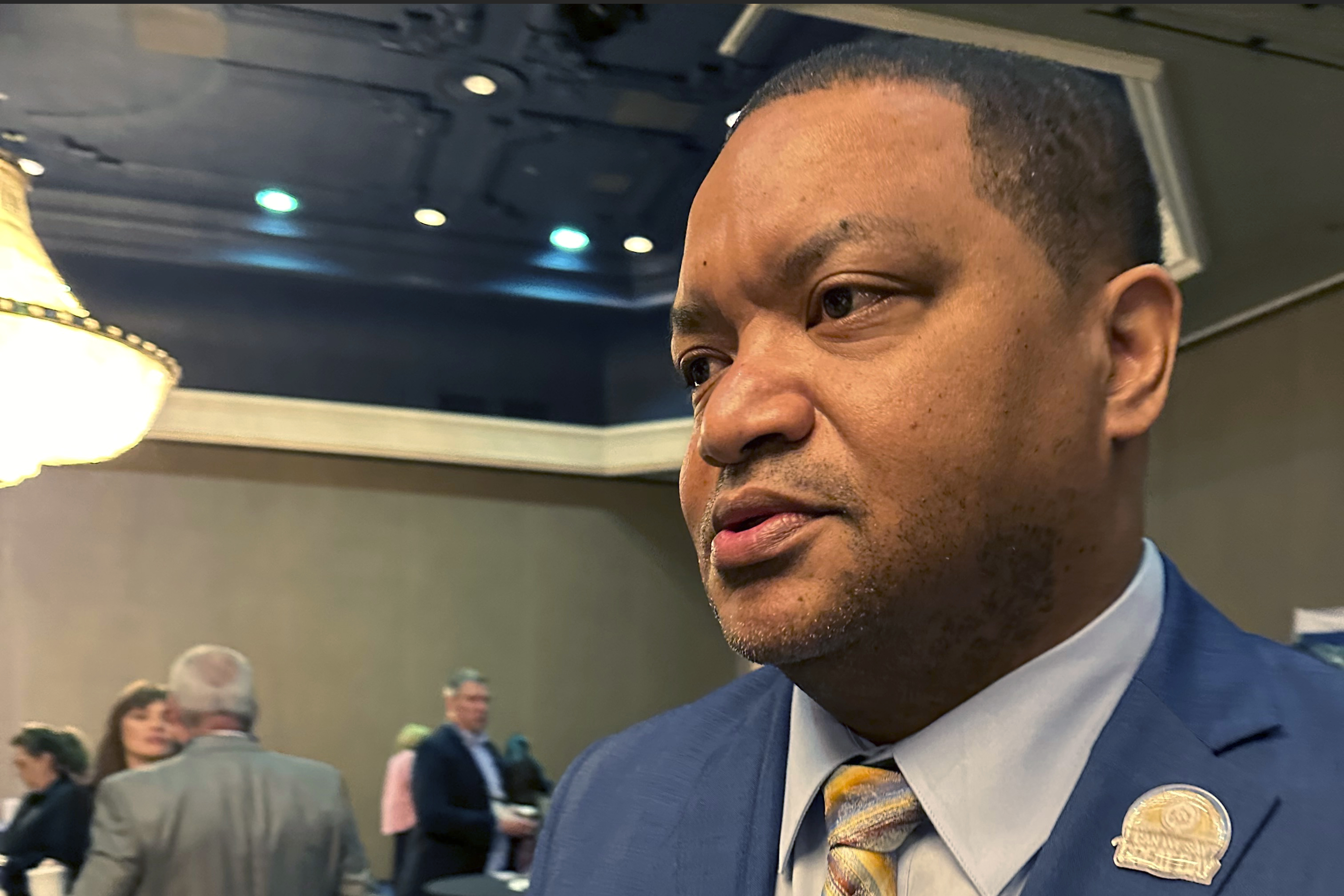The Philadelphia District Attorney's Office has yet to file charges in the beating of a gay couple last Thursday that required one victim to get his jaw wired shut. The brutal assault garnered strong reaction on social media as a Twitter post helped alert authorities to potential suspects.
When the DA's office does file charges, it won't be filing hate crime charges because the state of Pennsylvania does not recognize the beating of two gay men as a hate crime -- a piece of legislation many in the public and a local politician want to change.
More than 4, 400 people already signed a Change.org petition calling for lawmakers to change the state's regulations to protect those who are non-homosexual. Caryn Kunkle, a friend of a gay couple who are still recovering from the industries they sustained in last Thursday's attack, launched th
Rep. Brian Sims (D-Philadelphia) is also working to update the law and has plans to introduce a LGBT legislation package in the first weeks of the next legislative session, which starts in January.
"I'm really hopeful that we have a governor who is supportive of hate crime legislation. I think that hate crimes are not a partisan issue," Sims said. "Certain types of crimes have an intent behind them that deserve to be elevated to a certain level."
The LGBT legislation package will include protections for LGBT people in housing, employment, anti-bullying and hate crimes laws. Presently, Pennsylvania does not have a single statewide LGBT law or right other than gay marriage.
Pennsylvania's current hate crime law states: In order for ethnic intimidation to be charged the malicious intention toward the religion, ethnicity or race of the victim must be the motive for the commission of the underlying crime the underlying crime.
"Therefore we would not be able to charge with ethnic intimidation in this case," DA spokesperson Tasha Jameson said.
In July 2008, the Pennsylvania Supreme Court upheld a 2002 Commonwealth Court decision to strike down protections for victims of hate crimes that target gender, sexual orientation, disability, ancestry and national origin, according to Pa. Human Relations Commission spokeswoman Shannon Powers, who works on education, advocacy and equal opportunity initiatives.
Local
Breaking news and the stories that matter to your neighborhood.
Although the hate crime law in Pennsylvania does not cover LGBT individuals, the federal hate crime law does.
There are numerous persons of interest in the brutal assault. Some say the victims instigated the attack when they threw the first punch.
Two men, aged 27- and 28-years-old, told police they were walking near 16th and Chancellor streets around 10:45 a.m. Thursday when a member of a group of intoxicated twenty-somethings asked, "Is this your f****** boyfriend?"
After the pair responded with a "yes," the group allegedly began punching and kicking them in the head and chest.
But at least one lawyer for the persons of interest -- four of whom were questioned by police Wednesday night -- claim the victims did not disclose they struck first.
Additional video of the incident confirms the injured pair initiated the fight, according to one of of the attorneys, who declined to share the footage with NBC10.
But the victims denied the accusation, while one of their friends said she was unsurprised at the alleged attackers' defense tactic.
"The District Attorney warned the boys that would be a defense strategy," said Caryn Kunkle, the victims' friend who launched the online petition. "So they were prepared for that. So I'm not really surprised."
Kunkle added the extent of her friends' injuries also demonstrates they did not instigate the fight. One of the victims' had to have his jaw wired shut.
Several of the persons of interest, who sources tell NBC10 are alumni of Archbishop Wood High School, came forward after a social media firestorm erupted over the attack. Archbishop Wood's assistant basketball coach left his position after school officials confronted him about the images shared online.
"Given the history of both social and legal discrimination that a person’s sexual orientation seems to me to be a very plausible inclusion in the class of people protected by hate crime laws," said Stephen Morse, criminal law professor at University of Pennsylvania Law School.



